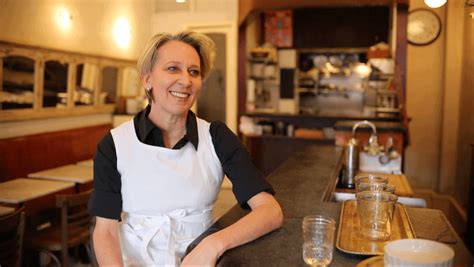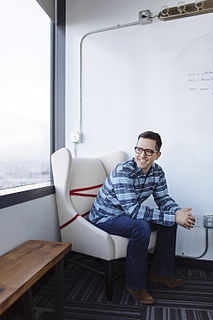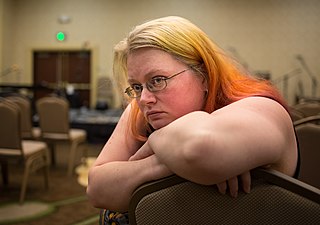A Quote by Judith Martin
The dinner table is the center for the teaching and practicing not just of table manners but of conversation, consideration, tolerance, family feeling, and just about all the other accomplishments of polite society except the minuet.
Related Quotes
Working- and Middle-class families sat down at the dinner table every night - the shared meal was the touchstone of good manners. Indeed, that dinner table was the one time when we were all together, every day: parents, grandparents, children, siblings. Rudeness between siblings, or a failure to observe the etiquette of passing dishes to one another, accompanied by "please" and "thank you," was the training ground of behavior, the place where manners began.
We separated like oil and water. In the cafeteria, you'd see a table of black jocks, table of white jocks, table of rich white kids, table of Hispanic kids, table of Chinese kids, table of druggies, table of chatterboxes, and so on. Wait! There's a diverse table over there! With a few kids of different tenacities and economic status! Oh, that's the nerds. That's where I sat. We weren't cool enough for the other tables, so we didn't discriminate against anybody.
My neighbors tell me of their adventures with famous gentlemen and ladies, what notabilities they met at the dinner-table; but I am no more interested in such things than in the contents of the Daily Times. The interest and the conversation are about costume and manners chiefly; but a goose is a goose still, dress it as you will.
When I first got on the internet as a tween, I wasn't comfortable showing up in social spaces. I didn't have a loud voice. As a function of my youth and gender, I wasn't given a voice at the dinner table, and nor maybe should I have been. But I thought I wanted one, and I was able to have it online. I wasn't a great talker, but I found these other skills. And when this stuff is described as "not real writing" or "bad for my brain" or whatever, it just seems like it's from people who wanted to keep their place at the dinner table.
It's promising and seductive, that huge Italian family, sitting around the dinner table, surrounded by olive trees. But it's not my family and I am not their family, and no amount of birthing sons, and cooking dinner and raking leaves or planting the gardens or paying for the plane tickets is going to change that. If I don't come back in eleven months, I will not be missed, and no one will write me or call me to acknowledge my absence. Which is not an accusation, just a small truth about clan and bloodline.
If I host something, even if it's just dinner at my house, I like the event to move. So that means cocktails in the family room, and then moving outside and having appetizers on the patio, and then moving to dinner at the dining table. It's just the idea of the event being curated to every little detail.


































